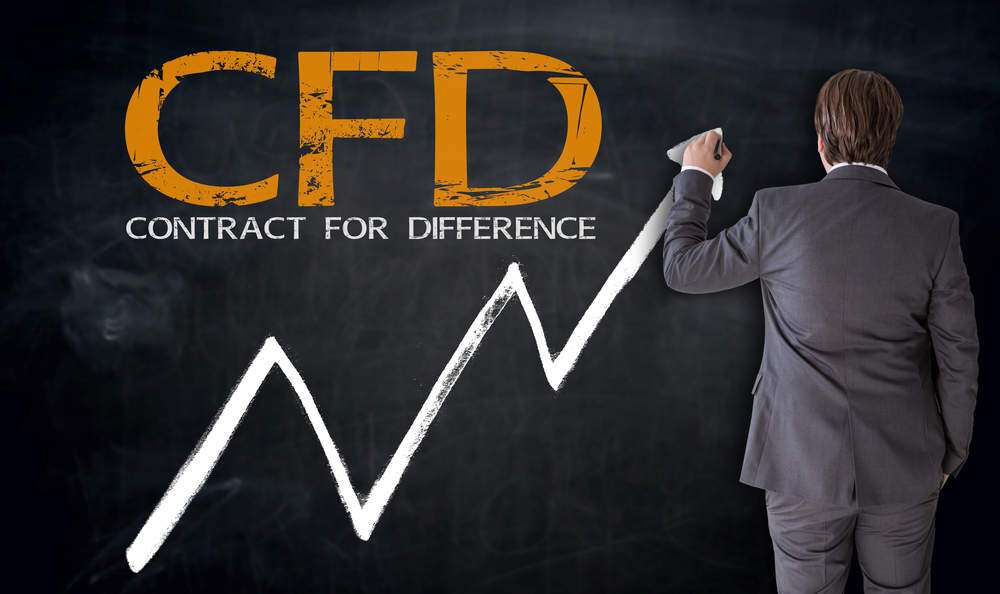What are CFD`s?
What are CFD`s?
A contract for differences (CFD) is an agreement in the trading of financial derivatives in which the differences in settlement between the open and closing trading prices are settled in cash. There is no delivery of physical goods or securities.
- A contract for difference (CFD) is a financial contract that pays for the differences in settlement price between the open and closing transaction.
- CFDs essentially allow investors to trade the direction of securities in the very short term and are particularly popular with forex and commodity products.
- CFDs are settled in cash, but allow trading with sufficient margins, so investors only have to pay a small amount of the fictitious payout of the contract.

CFD trading simply explained
The idea of CFDs is actually quite simple and originally comes from the UK: pay only a fraction of the actual price for the stock or index, but the price gain can still be fully collected by the investor. Over the past 16 years, trading CFDs has become increasingly important. CFDs allow for large speculation with little capital and are easy to understand due to their simple construction principles.
For private investors, the barriers to entry for trading CFDs are lower than in almost any other area of the financial market. CFD brokers – including a growing number of established German online brokers – open accounts from a minimum deposit of a few hundred euros and offer a complete trading solution including price feeds, chart and analysis tools and an automated trading system.
The great appeal of CFDs
The biggest appeal of CFD trading for retail investors is the combination of very simple financial products and leverage. With only 1000 EUR shares, 100,000 EUR can be converted on the market: Even small price movements can lead to large profits. Otherwise, leverage of this magnitude can only be achieved through more complex or capital-intensive financial instruments.
With a CFD, investors can participate 1:1 in the price performance of indices, commodities, currencies, stocks, bonds, exchange-traded index funds and other markets without the need for time-consuming access to the futures exchange or the course of investments being as difficult to estimate as is the case with warrants.

